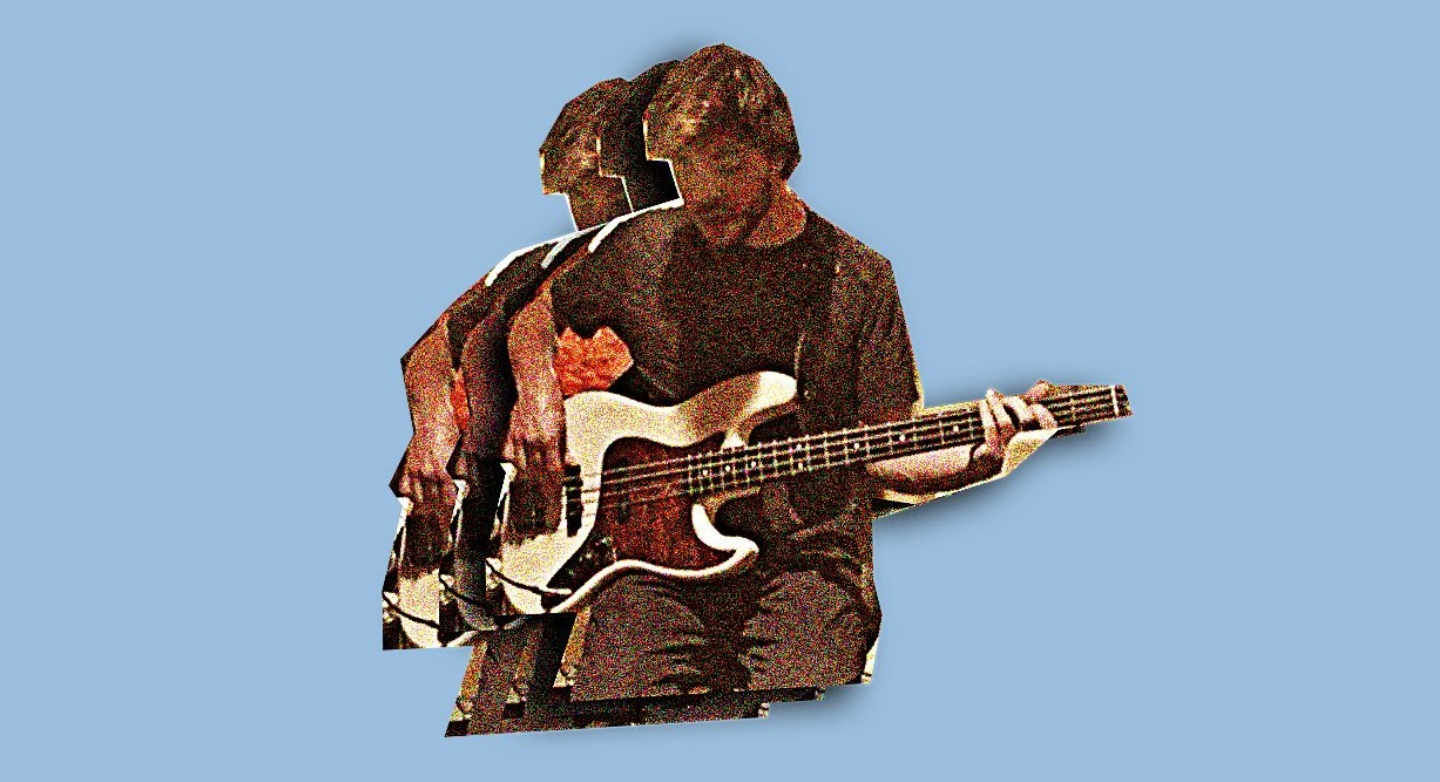Along with Snarky Puppy, the population of Dean Town, Vulfpeck, represent perhaps the best example of the power of social media to connect talented musicians to an audience without the assistance of a major label. Vufpeck’s fan base has rapidly expanded over the last few years due to shares of their incredibly funky live performances on Facebook and Youtube; the recent addition of live streaming on these sites has further extended their ability to communicate with their fanbase directly and convey their unique sense of humour alongside their music.
The band’s recorded sound stands in contrast to many of their contemporaries, lacking many of the ‘polished’ production elements that our ears have become accustomed to over the past decade. Instead, the focus is on analogue warmth and capturing the vibe of their live shows. The recording of ‘Dean Town’ is no exception:
And yes, Joe Dart is getting his sound from a jazz bass and a Roland Cube amp; The sound is in the hands, not the gear.
On to the transcription – as if the title wasn’t enough, there are numerous musical nods towards Jaco Pastorius and Weather Report; whereas ‘Teen Town’ is melodically and harmonically rooted in The Dark Arts of Jazz, Vulfpeck’s pastiche shows their predominant influence comes from funk – the melody is largely pentatonic and features very little in the way of chromaticism, while the harmonic movement is far more conventional than that of Jaco’s composition.
Confession time: I used the stems (available from Vulfpeck’s Bandcamp page) for the transcription. Does that count as cheating? Quite possibly, although my goal in transcription is to be as accurate as possible; hearing the instruments in isolation reveals lots of nuances that aren’t apparent on hearing the full mix.
Vulfpeck – ‘Dean Town’ bass transcription pdf
The most impressive thing for me about Joe Dart’s playing on this tune is just how consistent his 16ths are – the first 45 seconds of the song are an unrelenting stream of semiquavers at around 110bpm; he somehow makes the whole thing sound effortless.
Onto the ‘head’: Harmonically, we’re dealing with a 4-chord progression of F#m7 – C#m11 – E9* – B7 and the melody is primarily built on the E major and B major pentatonic scales. Bar 16 features some plucked double stops that outline the change from F#m6 to F#m7 in the keyboard part, and everything up until bar 20 fits nicely in one position – here things get more chromatic and we have to ascend the fretboard in order to grab the high D and E in bars 20 and 21. Jaco fans will recognise the descending lick in bar 20 (a similar lick actually starts the head in bar 16, albeit transposed to F#m) as one of JP’s pet phrases.
*there’s no G# in the keyboard voicing of the E9, but the melody treats it like it’s a dominant chord.
After this brief ascent, it’s back to 1st position and – thankfully – most of the rest of the head fits under the fingers fairly comfortably. Here’s how I deal with it:

